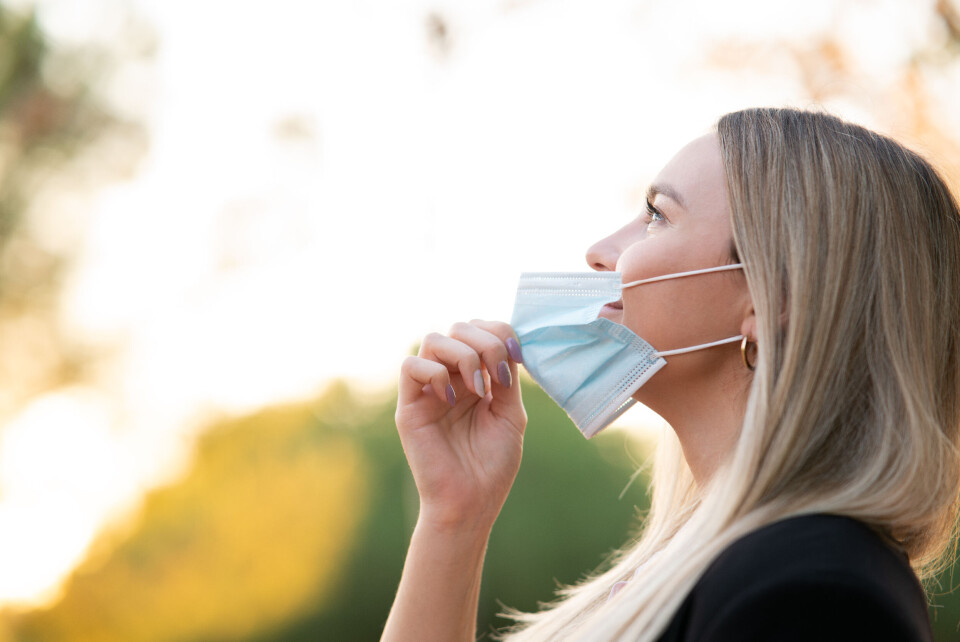-
Dates 2026: Family allowance payments and other French benefits
The payment date varies if it falls on a weekend
-
Dordogne villages suffer burglaries: How to protect your property
A series of break-ins have been reported over the Christmas period
-
‘It’s the place we are happiest’: George Clooney and family become French
‘My kids have a much better life [and] speak perfect French’, the Hollywood star says
Recap: Mask wearing, vaccine pass… new rules for France from March 14
We also explain where a health pass is still needed

France’s Covid vaccine pass system and mandatory mask-wearing (with some exceptions) are set to be lifted on March 14. We recap the rules and exceptions.
Prime Minister Jean Castex last week said: “The situation is improving thanks to our collective effort, and the measures that we have taken.”
Here are the changes and rules planned for March 14 onwards.
Read more: French vaccine pass and Covid mask rules to be removed from March 14
Vaccine pass to end
-
It means it will no longer be required for access to long-distance trains, restaurants, cafes, nightclubs, cinemas or other leisure-oriented venues.
-
However, health establishments will still require a ‘health pass.’ A ‘health pass’ means a negative Covid test will still be accepted in lieu of vaccination. The exact type of test accepted and the length of validity is yet to be confirmed, although currently the time-frame is 24 hours and antigen and PCR tests are accepted.
The vaccine pass came into force on January 24 and replaced the health pass, which had been in use since June 9, 2021, in most places.
On February 22, Health Minister Olivier Véran suggested that the vaccine pass requirement could be lifted but only if certain criteria were met.
These included an R number of less than 1 (more than 1 suggests that the virus is still spreading), an incidence level of less than 500, and less than 1,500 Covid patients in critical care.
Some of these criteria have been met but not all. The most recent figures from health body Santé publique France (SPF) show that on Wednesday March 2, there were 2,329 people in critical care, and on Thursday, March 3, the incidence rate was at 538.
However, in the week of February 21 (the date of the most recent update), the R rate (reflecting the average number of secondary infections produced by a single infected person) was just 0.6.
Masks
-
No longer obligatory in shops, offices, or workplaces, even in enclosed spaces
-
Still required in medical establishments and on “most public transport”, said Mr Castex, due to the potential closeness of users
-
Still required in elderly care homes (Ehpads), and any establishments caring for fragile, handicapped people
-
Mask-wearing still allowed, at the personal choice of the wearer, including for pupils and teachers in schools
-
Mask-wearing still recommended for people who test positive for Covid, and for at-risk contact cases, for symptomatic people, and for health professionals
Masks have been required in many public places since May 2020 for public transport, July for enclosed public spaces, and September in businesses.
Since the introduction of the health and vaccine passes, masks have not normally been necessary in areas where the passes are used.
Speaking to BFMTV on March 3, Mr Véran welcomed the end of compulsory mask-wearing indoors as "an important step forward".
Le masque ne sera plus obligatoire dès le 14 mars, mais Olivier Véran recommande de continuer à "le porter dans certaines situations" pic.twitter.com/Ax2vKP1492
— BFM (@BFMTV) March 3, 2022
He again reiterated the “recommendation” for the elderly and people in a fragile state of health to keep their masks on "when you are in a closed environment with people you do not know and who are potentially contagious".
The mask "is no longer compulsory, but it is obviously still possible to wear it, and even recommended in certain situations", he said, and called on people to not forget "barrier gestures" in addition.
Figures from SPF show that currently, 71.2% of adults in France systematically wear a mask in public spaces.
Related articles
Coronavirus: Daily updates on the situation in France
Covid France: Three more changes to rules come into force
France’s vaccine pass has not ‘fully achieved its goals’, says Senate
























